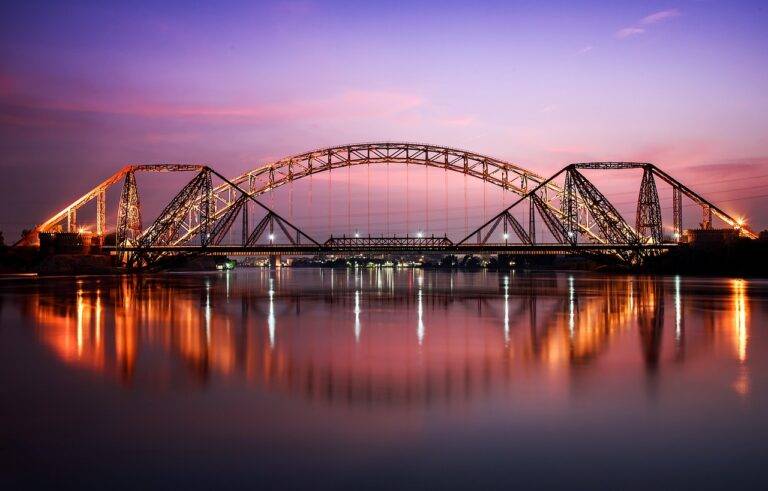The Intersection of Religion and Politics in Elections
Religious beliefs have long played a significant role in shaping individuals’ voting decisions. When considering candidates and policies, many voters weigh their religious values and beliefs as a guiding factor. For some, issues such as abortion, LGBTQ+ rights, and social justice are viewed through the lens of their religious teachings, influencing the individuals they support during elections. This correlation between religion and voting underscores the diverse and complex factors that voters consider when casting their ballots.
In essence, the impact of religious beliefs on voting decisions is deeply personal and varies among individuals. While some voters prioritize candidates who align closely with their religious convictions, others may separate their faith from their political choices. Nonetheless, religious beliefs often serve as a moral compass for voters, shaping their views on a range of societal and political issues. This intersection of religion and politics underscores the importance of understanding how individuals’ faiths can influence their voting decisions in a democratic society.
Historical examples of religion in politics
Religion has long played a significant role in shaping political landscapes around the world. From ancient civilizations to modern societies, the intertwining of religion and politics is evident in historical accounts. In medieval Europe, the power and influence of the Catholic Church were deeply ingrained in the political structures, with popes often wielding authority over monarchs and influencing decision-making processes.
Similarly, in the United States, the role of religion in politics has been evident throughout history. The Puritans who settled in New England in the 17th century brought their religious beliefs with them and established a society governed by their interpretation of Christian principles. This influence can still be seen today, with religious values often playing a key role in shaping political ideologies and policies.
The role of religious organizations in election campaigns
Religious organizations play a significant role in election campaigns by influencing voter opinions and mobilizing their members to support specific candidates. These organizations often promote their values and beliefs through various means, such as endorsing candidates, organizing voter education drives, and hosting candidate forums or debates. By leveraging their religious authority and influence, these organizations can sway the opinions of a large group of voters who align with their faith-based perspectives.
Moreover, religious organizations often provide financial support to political candidates who align with their religious beliefs and values. This funding can be crucial in helping candidates reach a wider audience through advertising, campaign events, and other promotional activities. By backing candidates who uphold their religious principles, these organizations aim to ensure that their values are represented in government decisions and policies.





